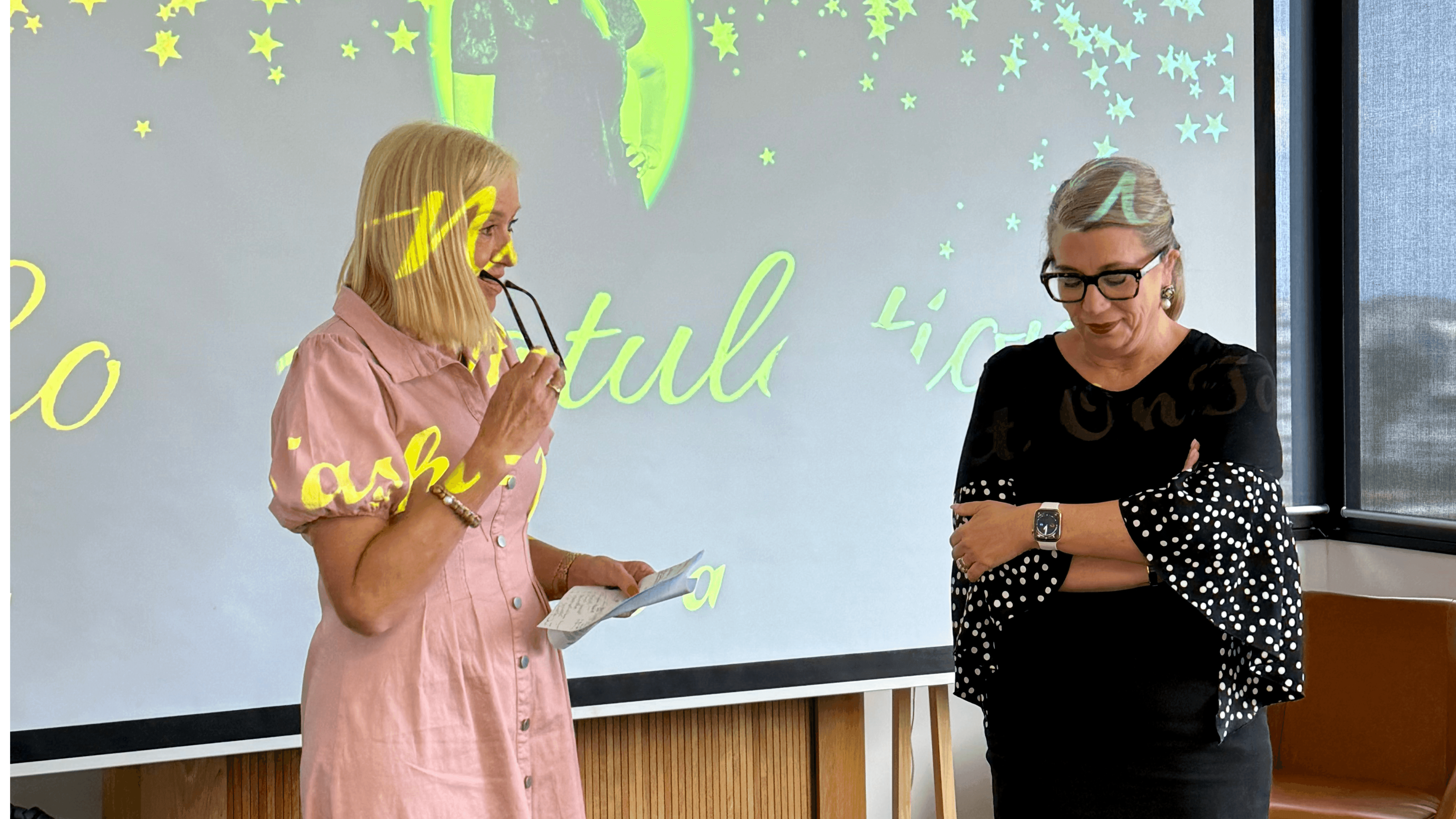

The Evolving Role of Leadership: What It Takes to Lead in 2025
Leadership is changing. As we dive further into 2025, the expectations placed on leaders are evolving rapidly, influenced by shifting


It’s that time of the year when that sparkle from your New Year’s resolutions might be fading away. I’ve never been a fan of grand goals that feel out of touch once reality kicks in and we all get back to the hustle and bustle and demands of everyday life. So instead, I’m going to put forward a mantra for all employees and especially executives to hopefully, take inspiration from: have a plan for ongoing learning and development.
In my line of work, I meet a lot of executives who are passionate and excel at what they do. What rings alarm bells for me, is the knowledge that many executives are focusing all of their energy on their team and failing to reflect on their own situation. Deloitte’s 2017 Global Human Capital Trends report indicates that the average employee’s career will amount to 60 years. When you consider that the half-life of a learned skill is now just five years, you can see how important it is for all workers to think ahead and constantly upskill. The reality is, one degree is no longer going to see you through your entire career, and there are some industries (think technology) where people need to redevelop their skills regularly.
Another really interesting outcome from the Deloitte survey was that 83 per cent of respondents said their organisation is shifting towards flexible, open career models that offer employees a rich and fulfilling career journey. In other words, you may join a company as their finance or admin support team member but in two years, you might wind up working in a department that didn’t even exist when you first joined the company.
As for executives, in my experience, so many of these workers truly believe they have no need for ongoing development with a few cheekily admitting that they’re eyeing the top job or hanging out for retirement (whatever that looks like for them). That’s all well and good but why leave your future up to a group of Board members or an Executive team who at any point, may choose to move you on? This may happen for a number of reasons – it could be the end of their contract, the company might be up for sale or perhaps, those in charge are seeking fresh blood for new strategies. From here, the former executive finds themselves in a difficult position and questioning what move to make next.
In most cases, the professional in question is going to need to look at further developing their skills. Is it too late? The situation is hardly ideal because there should be a focus on ongoing development at every level of an organisation, but it’s never too late. I’ve seen people successfully embark on an entire career change later in life and it was just what the doctor ordered. This has ranged from those commencing their own business in their 60s to others having a complete change of focus, and both of these areas often align further with their values.
Here are some ways any executive can embark on their ongoing development in 2018:
There is a myriad of ways to engage in learning and to push yourself outside of your comfort zone. The most important thing is that you do realise – whether you’re an executive or not – that you do need ongoing development and that you have a plan. And if you find yourself with a big question mark after the holiday period, reach out for help!
By Deborah Wilson
Deborah Wilson is a Thought Leader in Executive Careers. She takes a personalised approach to strategic career coaching and career transitions, mentoring, and leadership development. Deborah provides expert guidance for individuals while supporting organisations through change and connecting people and purpose. Call Deborah on +61 403 779 746. www.ontalent.com.au


Leadership is changing. As we dive further into 2025, the expectations placed on leaders are evolving rapidly, influenced by shifting


Transitioning from a manager to a leader is a significant career milestone, yet it’s a journey that many professionals find


This week, we proudly mark a significant milestone: Natasha Olsson-Seeto’s 15 years as Co-Founder and Chief Executive of OnTalent. This


"*" indicates required fields